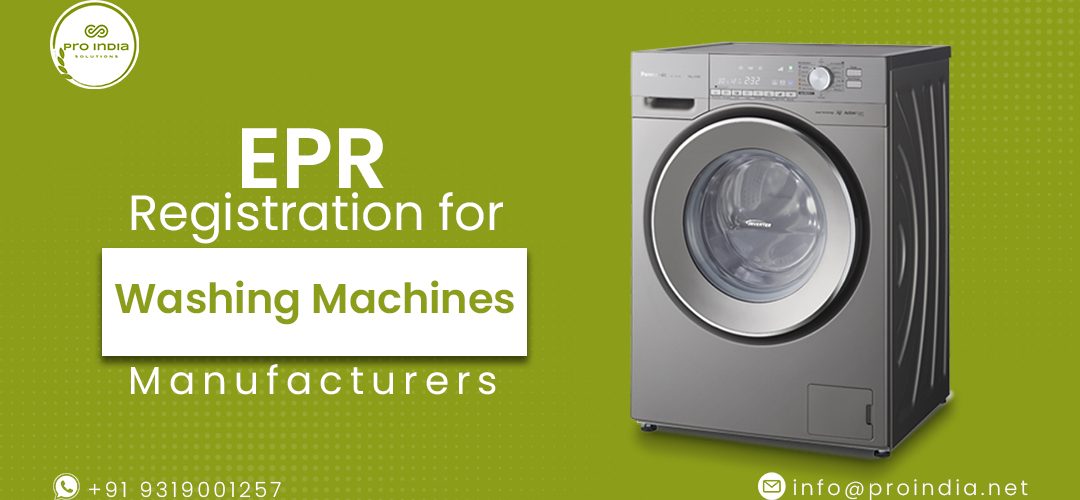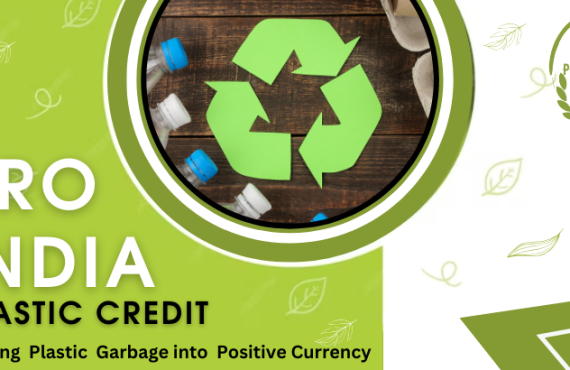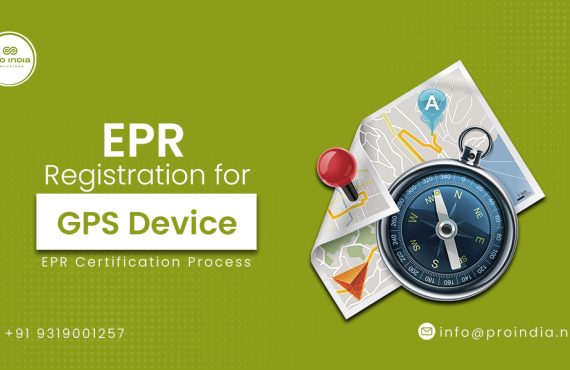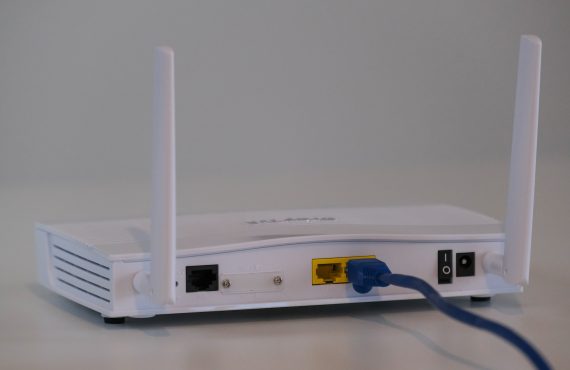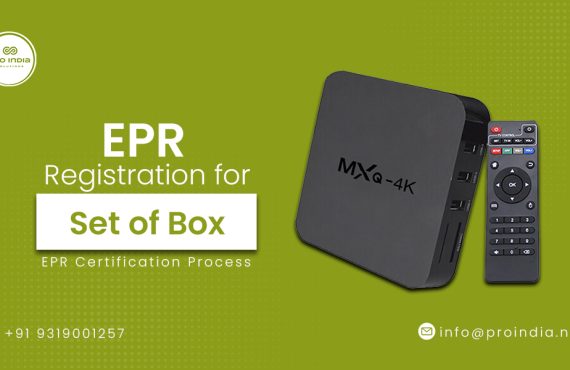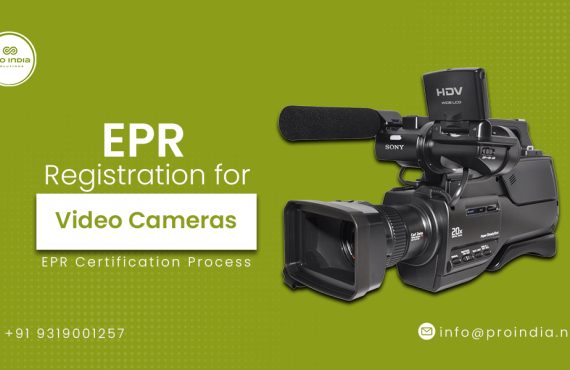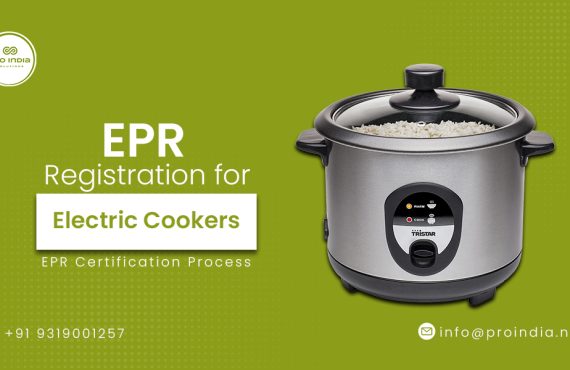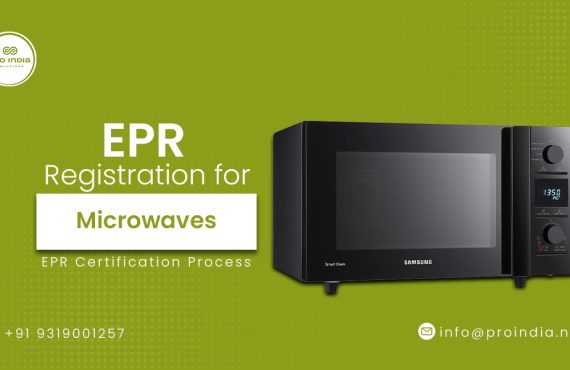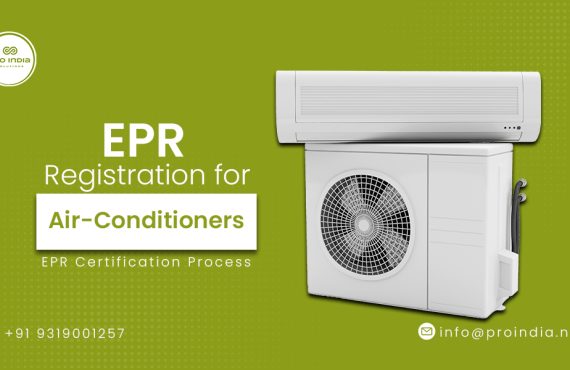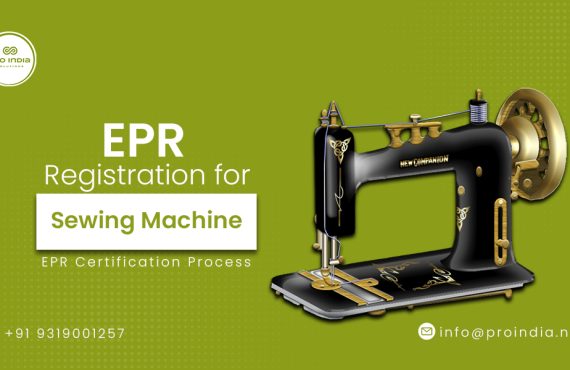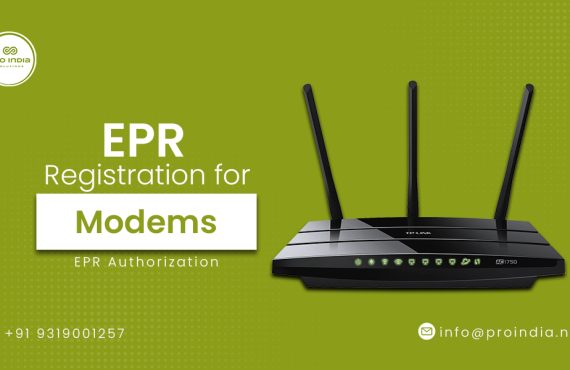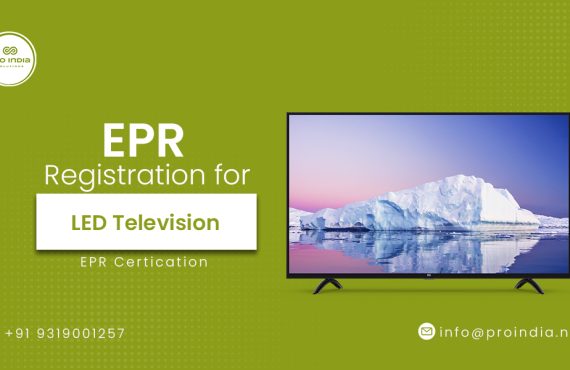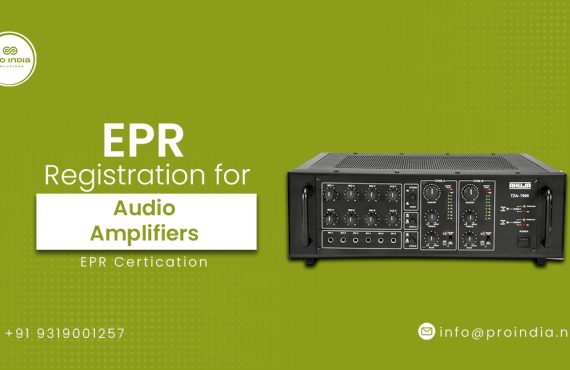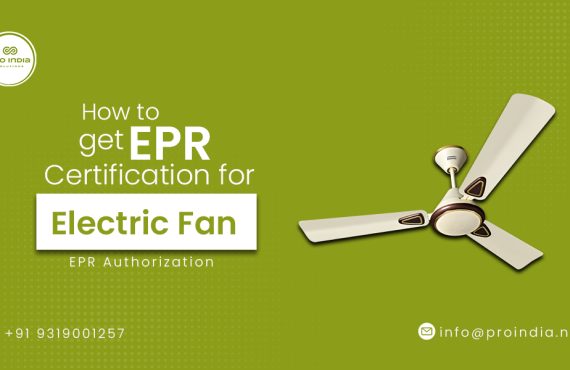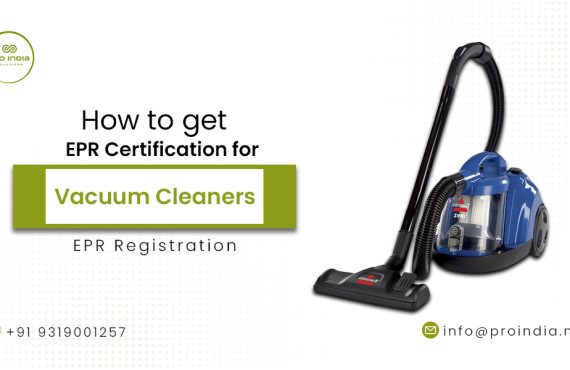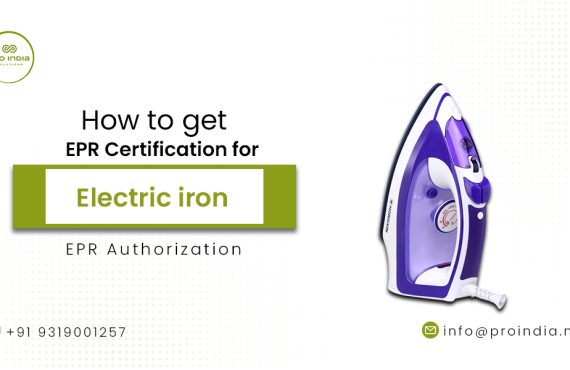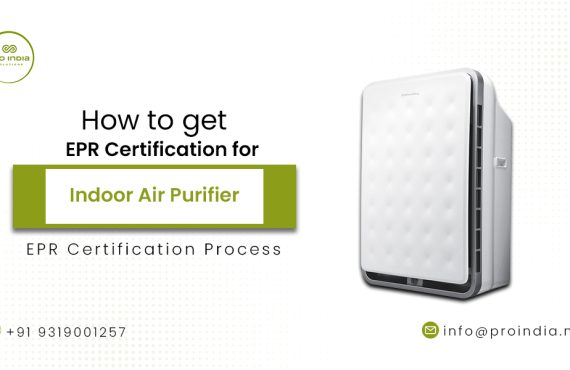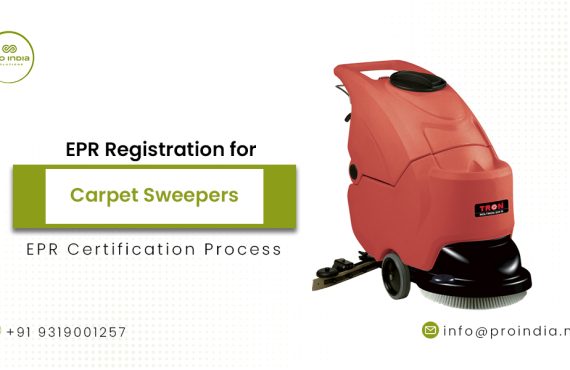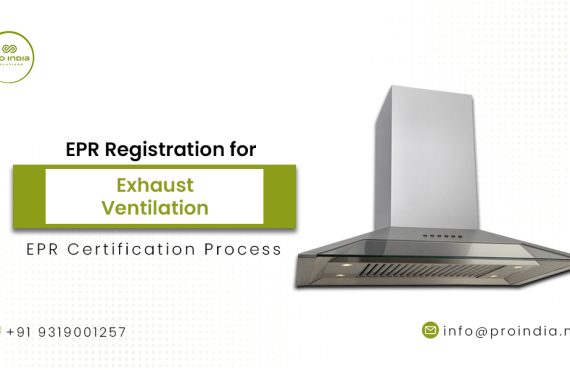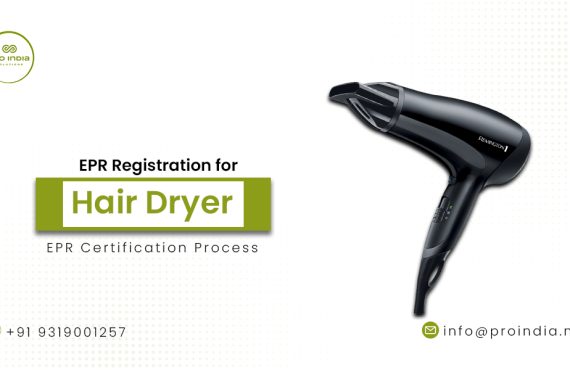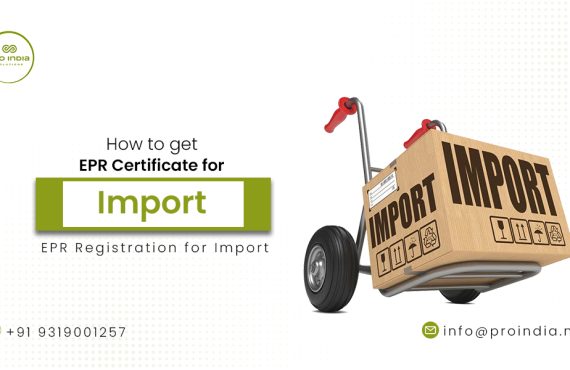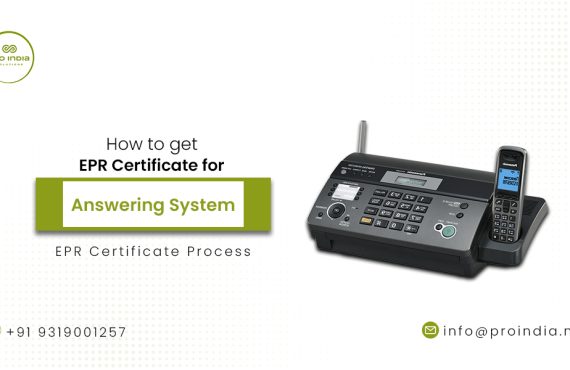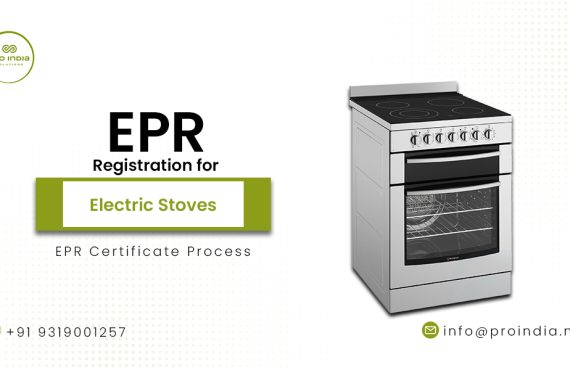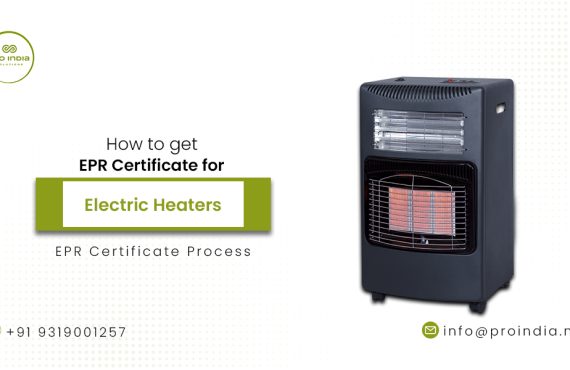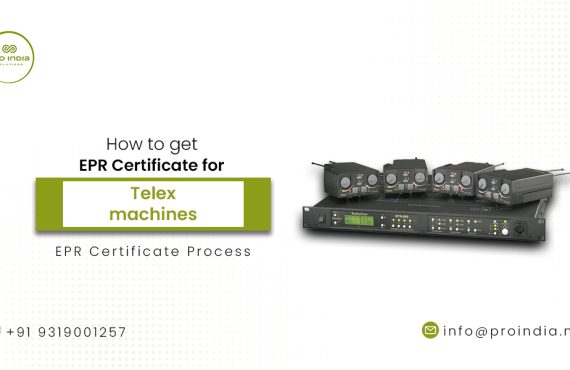Introduction:
Extended Producer Responsibility (EPR) is an essential concept in modern waste management practices. It places the responsibility on manufacturers and importers to manage the environmental impact of their products throughout their lifecycle. In the case of washing machines and other electrical or electronic products, EPR authorization ensures that e-waste generated at the end of their life is disposed of in an environmentally sound manner. In this blog post, we will explore the key aspects of EPR authorization for washing machines and how it contributes to sustainable waste management.
Responsibilities of Manufacturers and Importers:
Manufacturers and importers of washing machines bear the responsibility of obtaining EPR authorization and ensuring the proper management of e-waste. This involves:
1. Environmentally sound disposal: EPR authorization obliges manufacturers and importers to dispose of e-waste generated by washing machines in an environmentally responsible way. This prevents harmful substances from polluting the environment, such as heavy metals or hazardous chemicals found in electronic components.
2. Consumer information: EPR authorization holders are required to provide consumers with information about e-waste disposal options. This empowers consumers to make informed decisions and encourages them to choose environmentally friendly methods for disposing of their washing machines, such as recycling or returning them to authorized collection points.
3. Annual reporting: Manufacturers and importers must submit annual reports on their e-waste management activities. These reports outline the steps taken to ensure compliance with environmental regulations and provide transparency on the progress made in managing e-waste effectively.
EPR Logo: A Symbol of Compliance and Environmental Awareness:
One visible aspect of EPR authorization is the requirement for manufacturers and importers to display the EPR logo. This logo serves as a recognizable symbol that indicates the product has been authorized under an EPR system. When consumers see this logo on washing machine packaging or manufacturer websites, they can be confident that the product can be disposed of in an environmentally sound manner.
The Benefits of EPR Authorization for Washing Machines:
Implementing EPR authorization for washing machines offers numerous benefits:
1. Environmental protection: EPR ensures that e-waste is managed in a way that minimizes its impact on the environment. Proper disposal of washing machines prevents the release of harmful substances and reduces pollution risks associated with electronic waste.
2. Resource conservation: EPR encourages the recovery and recycling of valuable materials from washing machines. By responsibly managing e-waste, manufacturers and importers can contribute to the conservation of natural resources and reduce the need for raw materials in the production of new appliances.
3. Public health and safety: Disposing of e-waste improperly can pose risks to human health and safety. EPR authorization helps mitigate these risks by ensuring the safe handling and treatment of electronic waste, protecting both workers involved in the recycling process and the general public.
Conclusion:
Extended Producer Responsibility (EPR) authorization for washing machines is a crucial step toward sustainable waste management. By holding manufacturers and importers accountable for the proper disposal of e-waste, EPR helps protect the environment, conserve resources, and promote responsible consumer behavior. The display of the EPR logo provides consumers with assurance that they can safely dispose of their washing machines while actively contributing to a cleaner and healthier future. Through effective implementation of EPR authorization, we can create a more sustainable and environmentally conscious approach to managing electronic waste.


